Science
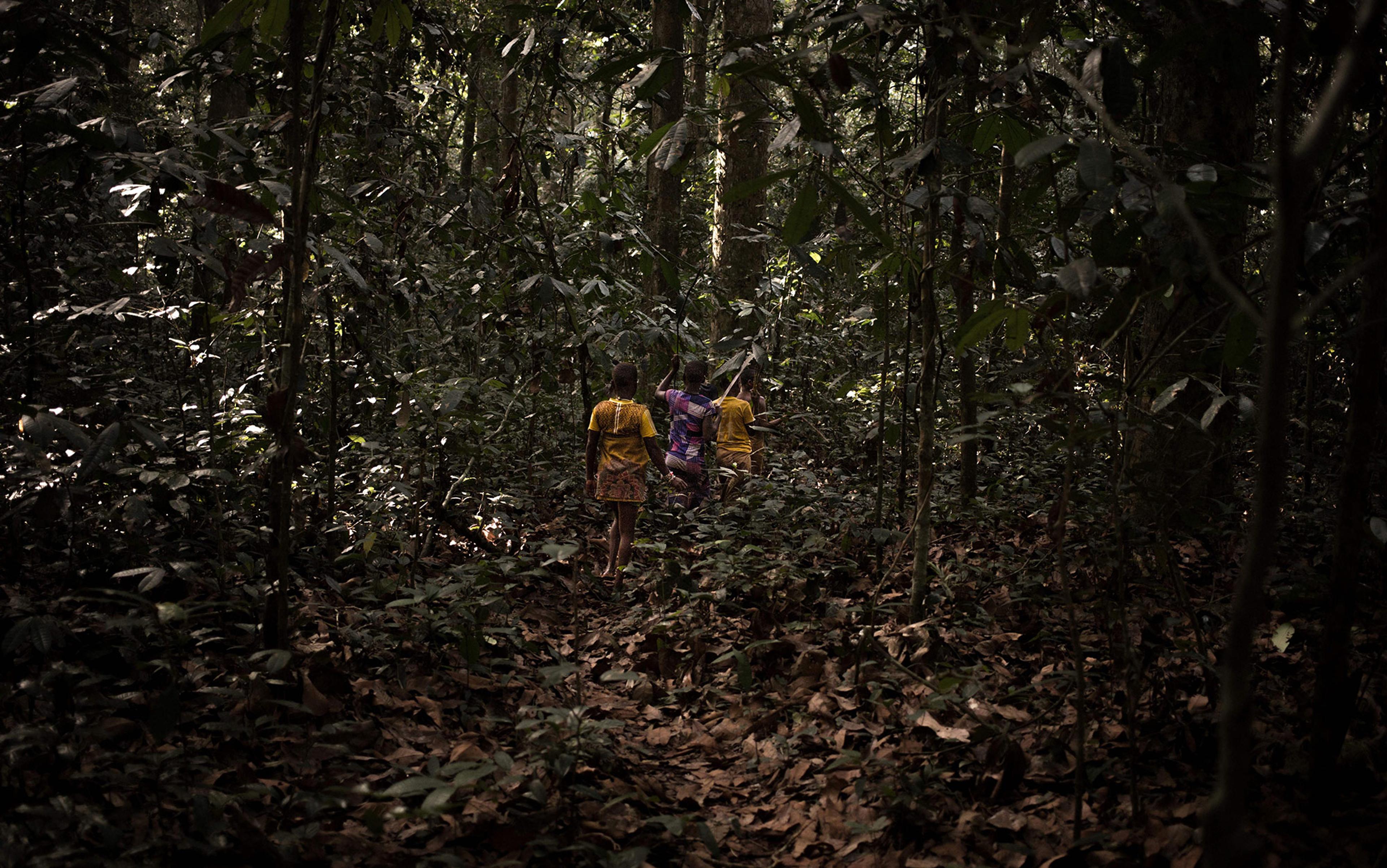
essay
Anthropology
Societies of perpetual movement
Why do hunter-gatherers refuse to be sedentary? New answers are emerging from the depths of the Congolese rainforest
Cecilia Padilla-Iglesias

video
Biology
Explore a bioluminescent world of cellular life via cutting-edge microscopy
27 minutes
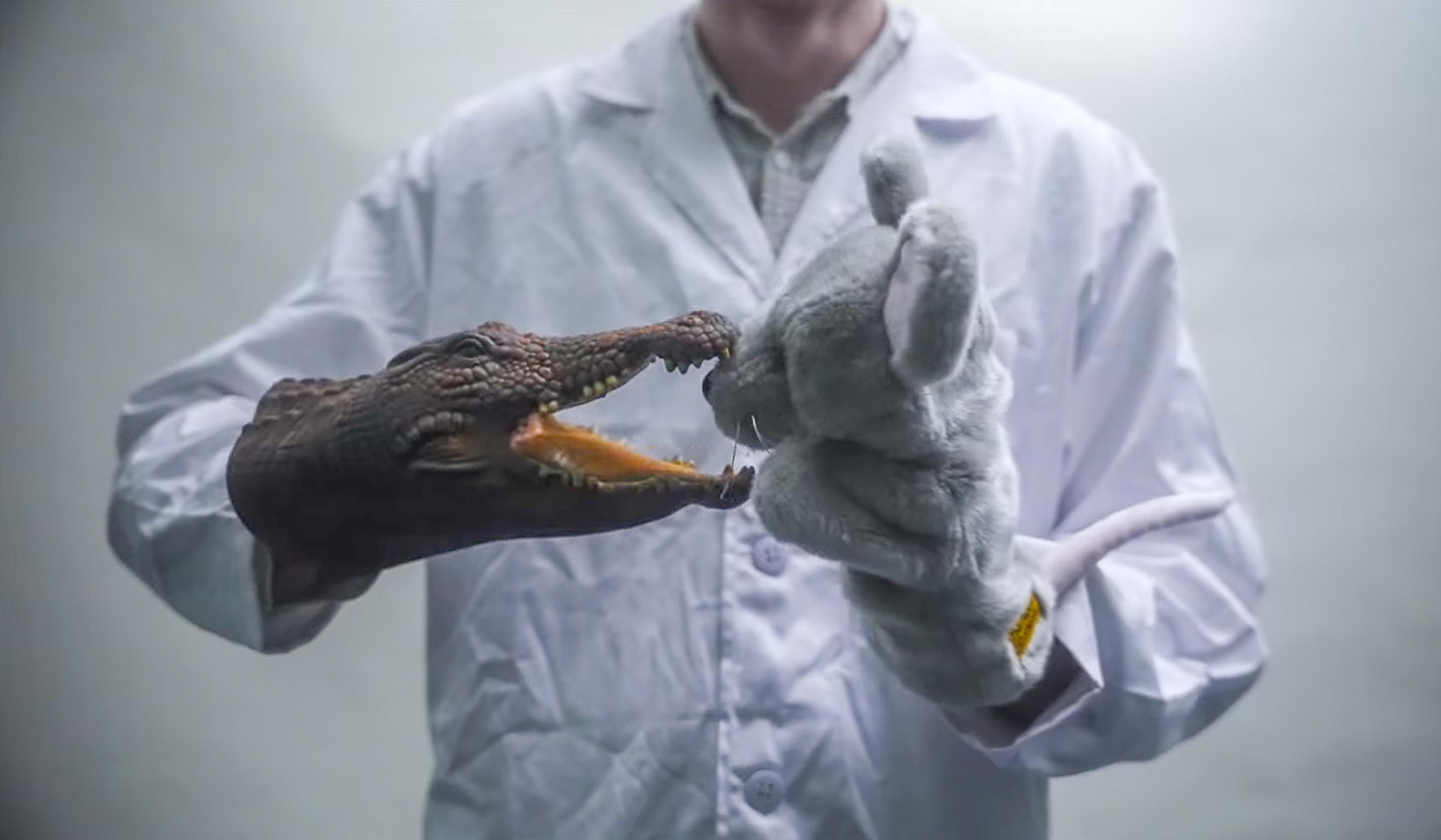
video
Death
Even in modern secular societies, belief in an afterlife persists. Why?
9 minutes

essay
Human evolution
How to grow a human
Our childhood is preposterously long compared to other animals. Is it the secret to our evolutionary success?
Brenna Hassett

video
Human evolution
Far from frivolous, cuteness is a powerful – and still mysterious – force of nature
6 minutes
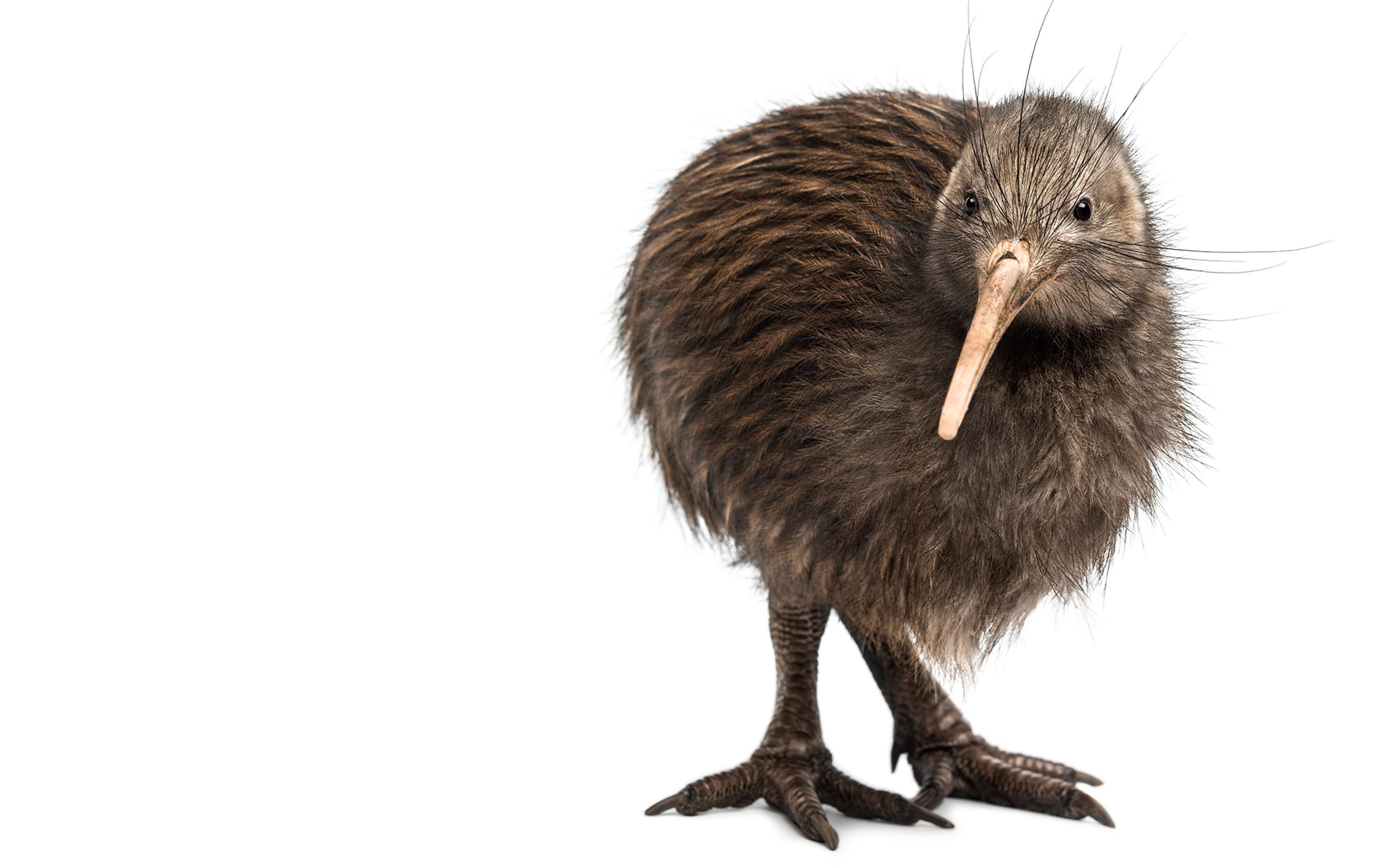
essay
Human evolution
How like the kiwi we are
To understand helpless human babies, our big brains and oddly involved dads, look to the evolution of birds not mammals
Antone Martinho-Truswell
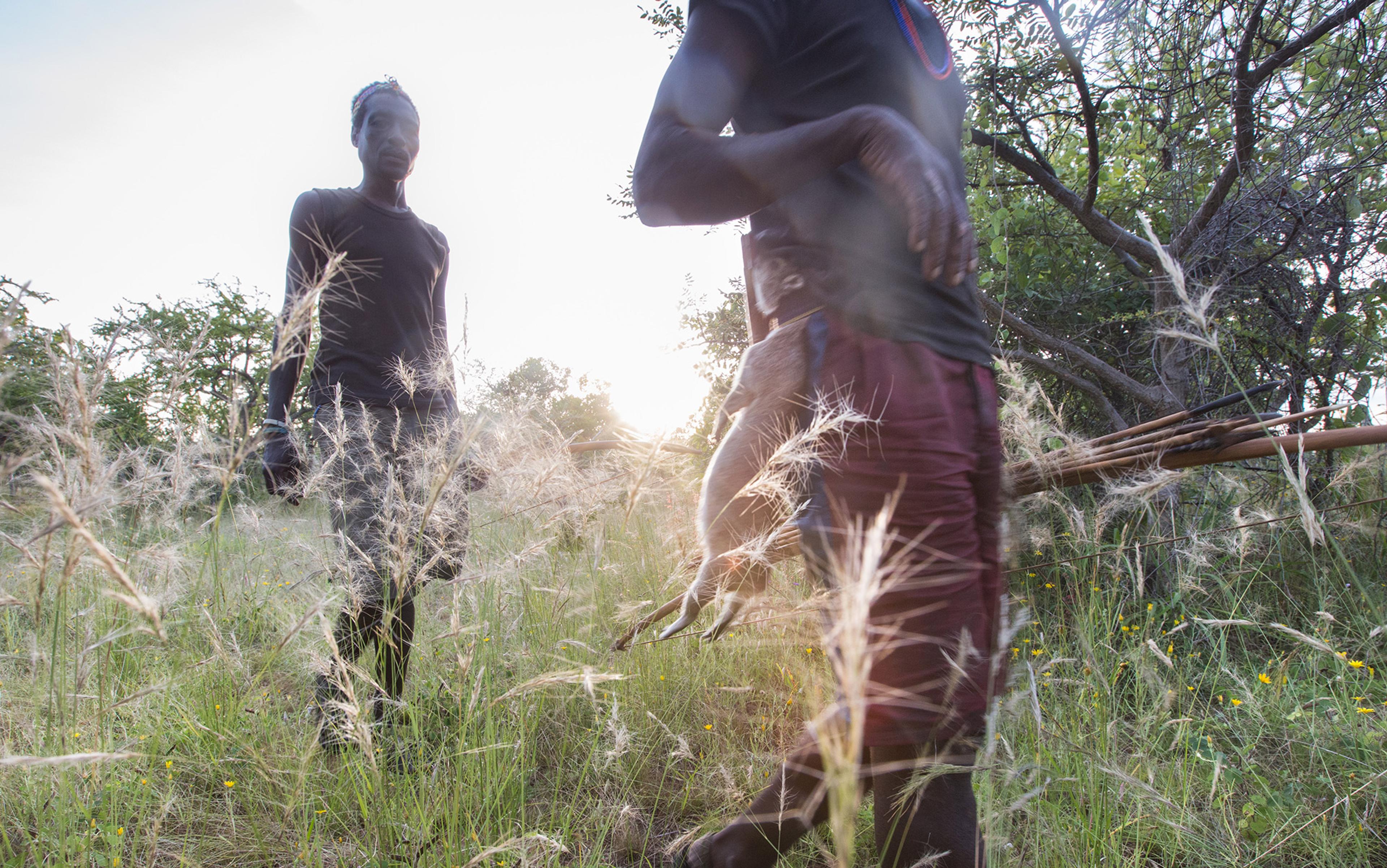
essay
Anthropology
Lessons from the foragers
Hunter-gatherers don’t live in an economic idyll but their deep appreciation of rest puts industrialised work to shame
Vivek V Venkataraman
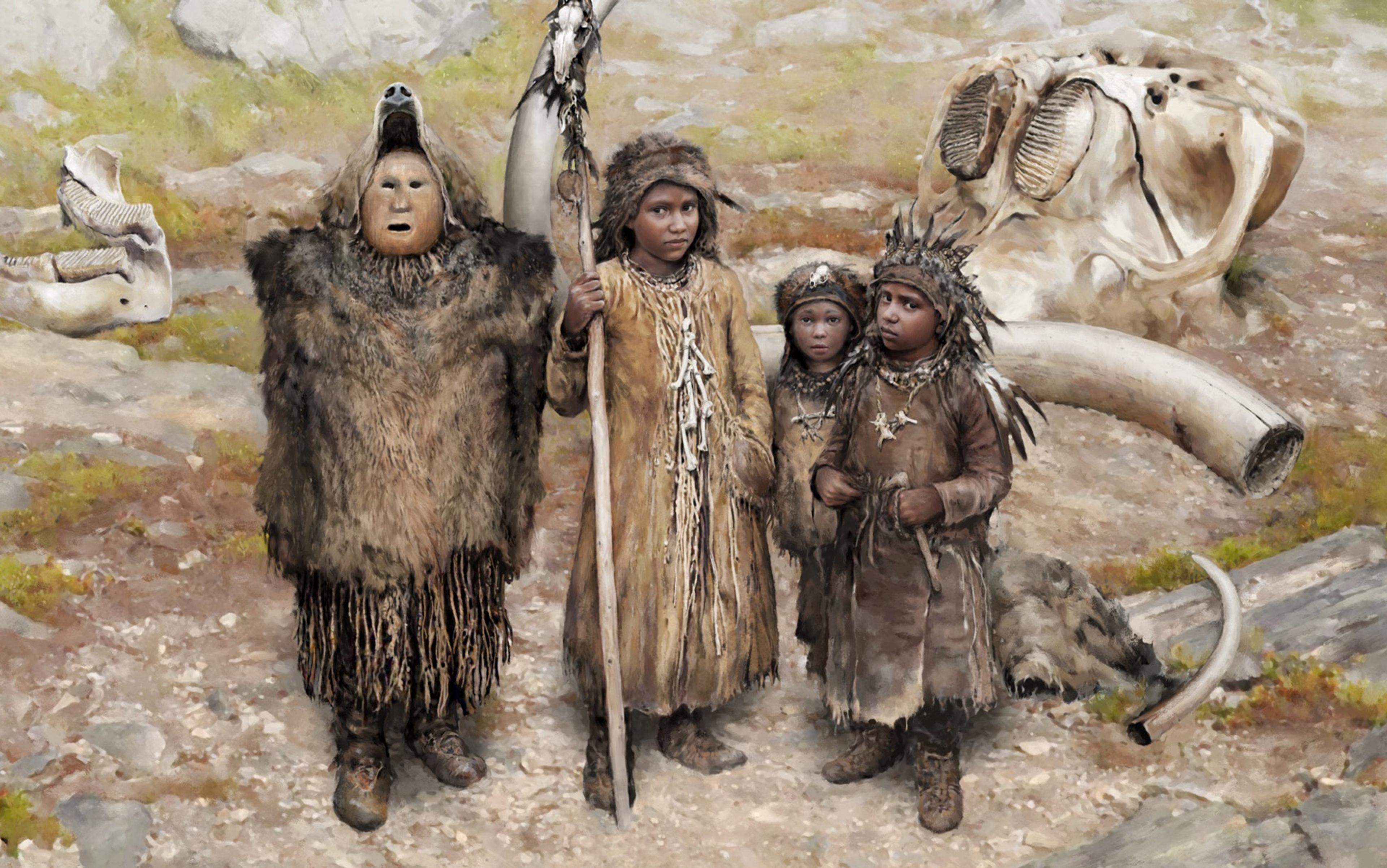
essay
Archaeology
Children of the Ice Age
With the help of new archaeological approaches, our picture of young lives in the Palaeolithic is now marvellously vivid
April Nowell
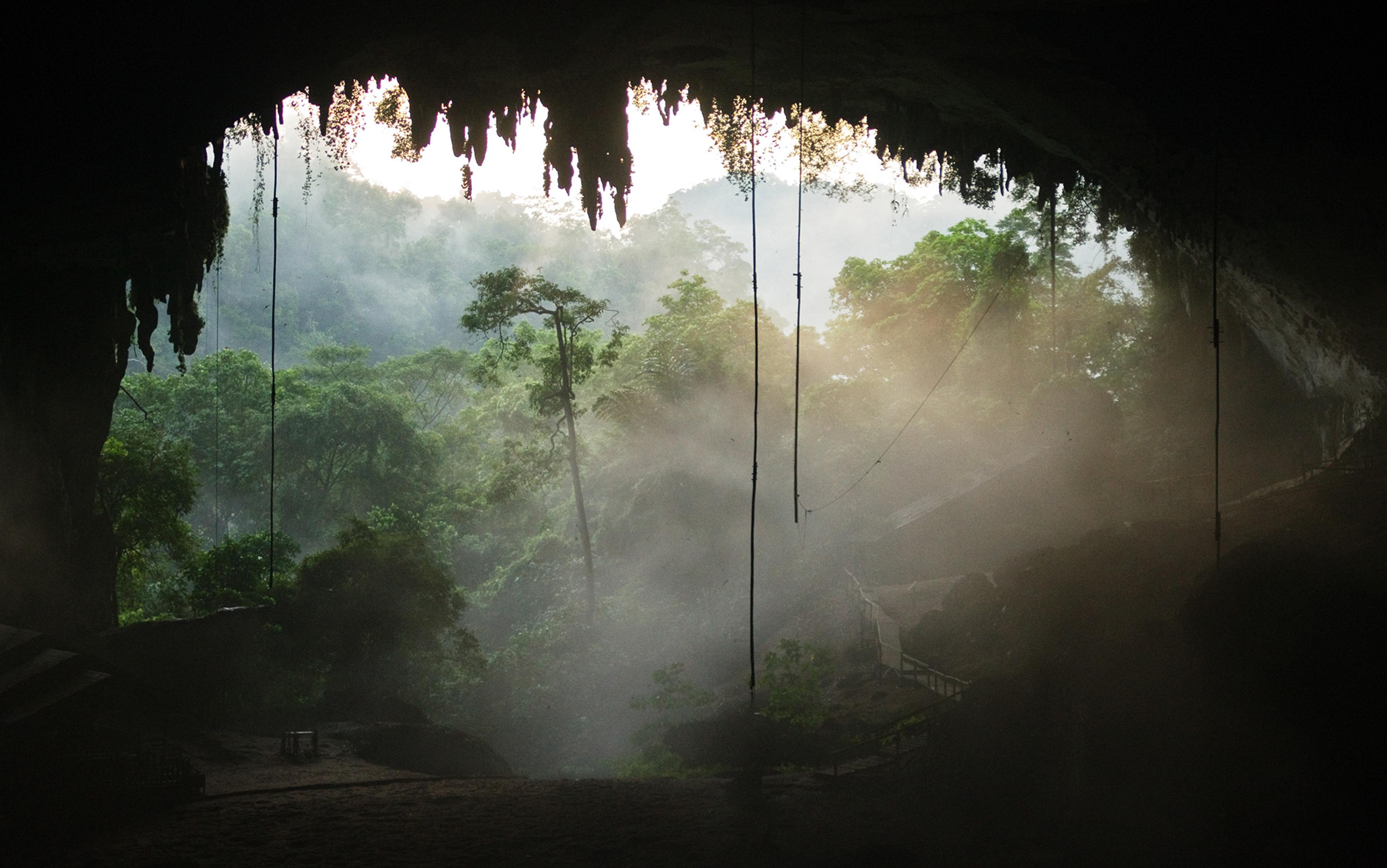
essay
Human evolution
Out of the forest
We have thought of humans for a century or more as creatures of the savannah, shaped in every way by grassland life. Not so
Patrick Roberts
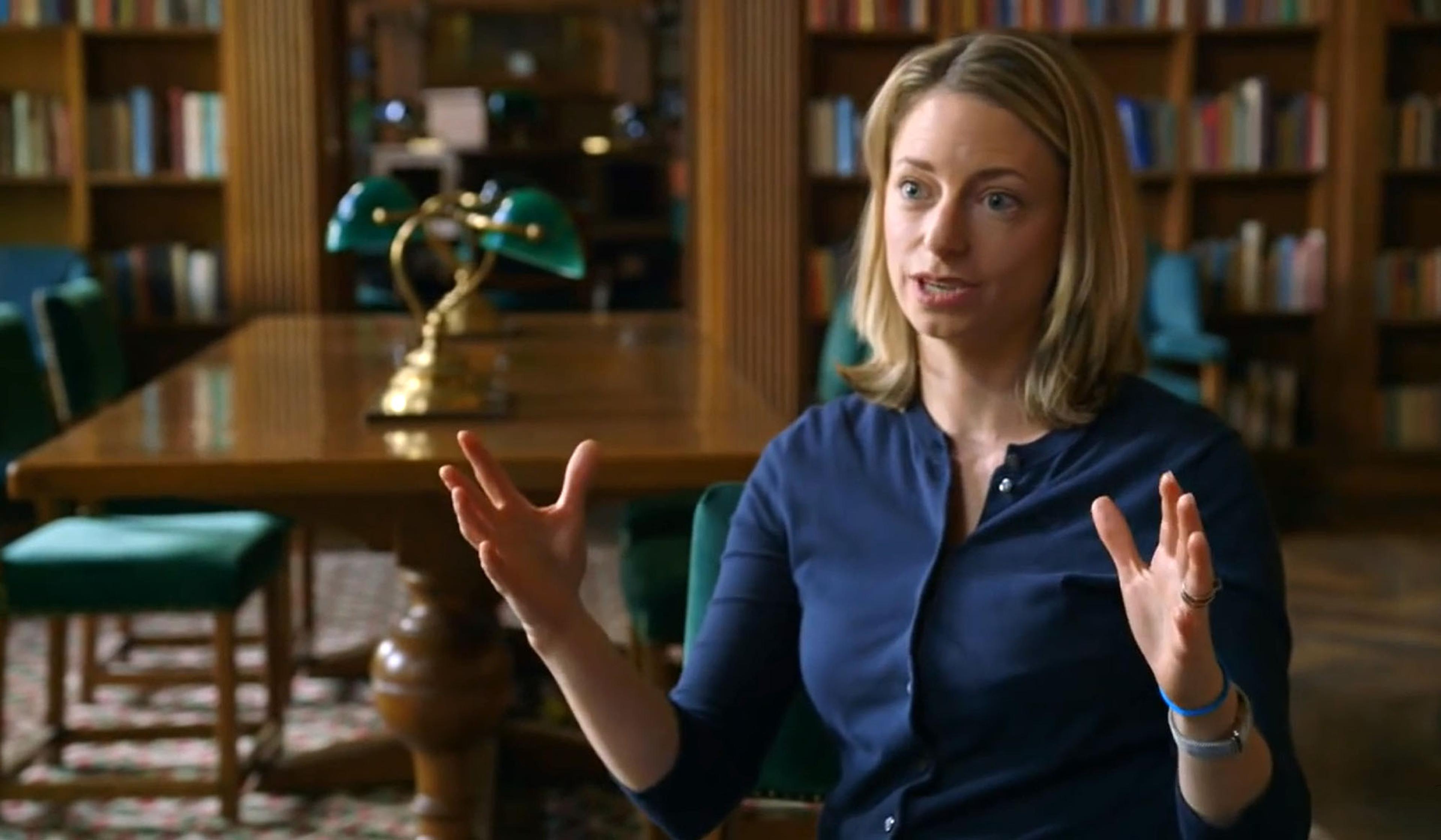
video
Neuroscience
The brain repurposed our sense of physical distance to understand social closeness
5 minutes
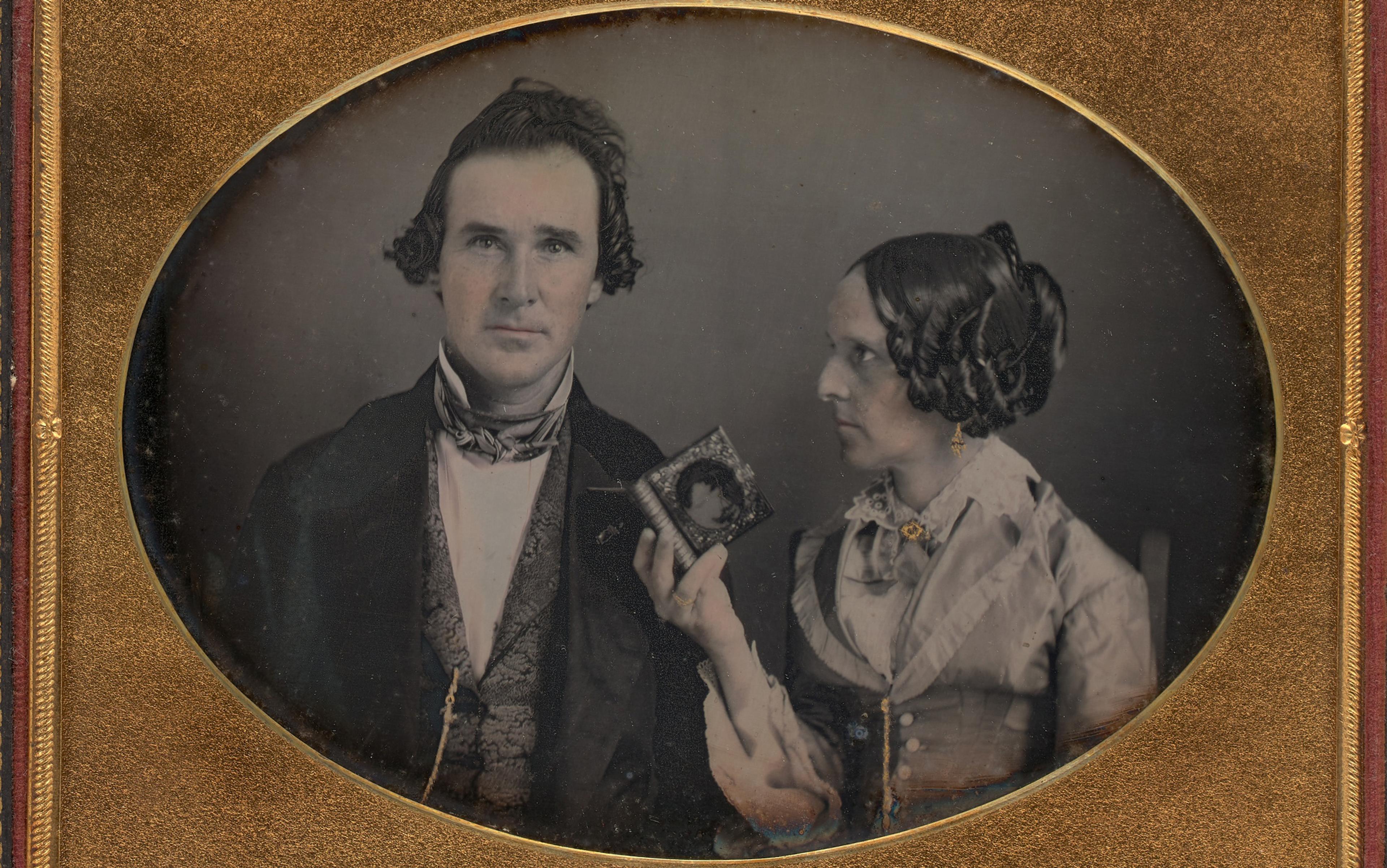
essay
Love and friendship
Tainted love
Love is both a wonderful thing and a cunning evolutionary trick to control us. A dangerous cocktail in the wrong hands
Anna Machin
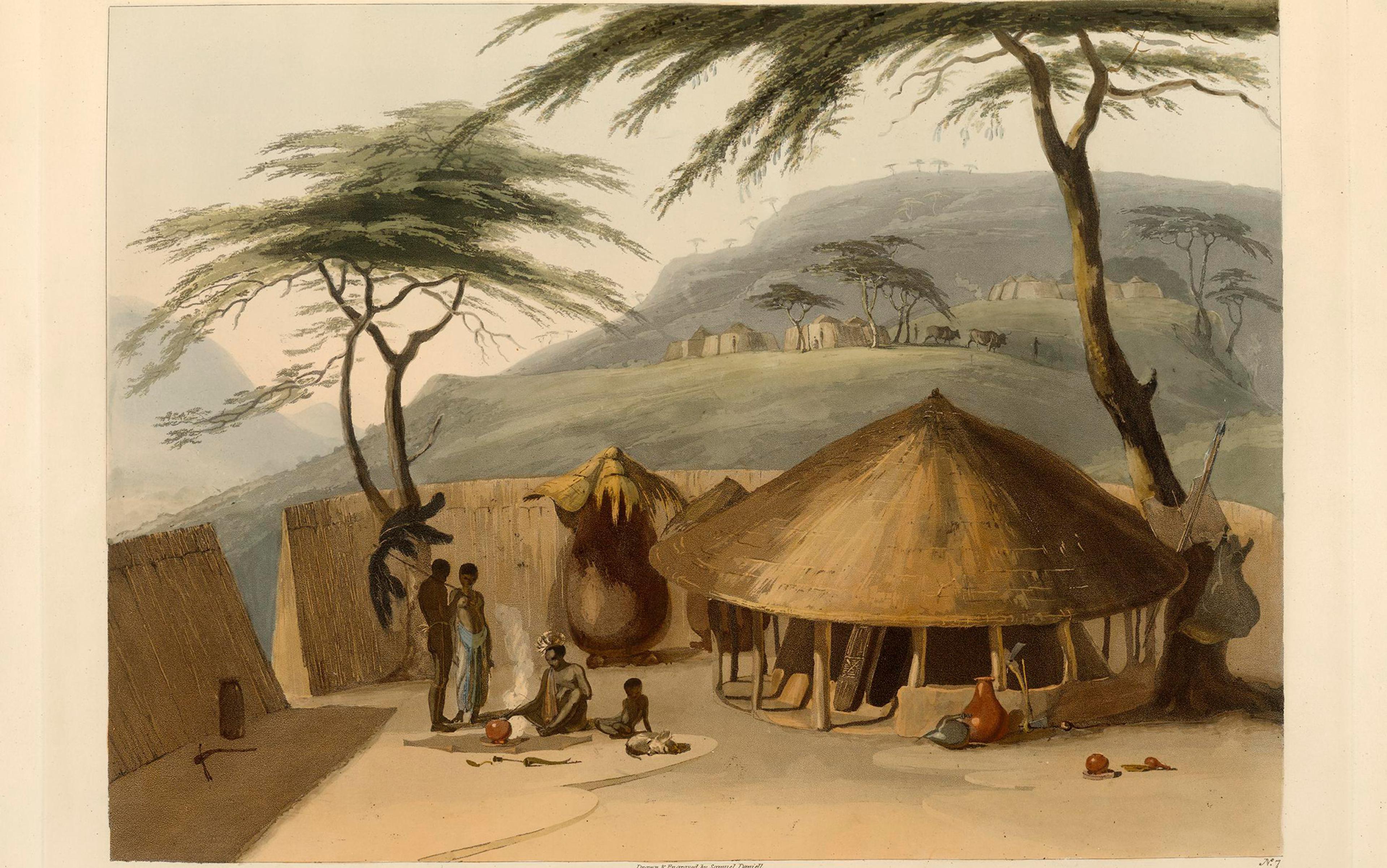
essay
Anthropology
Primitive communism
Marx’s idea that societies were naturally egalitarian and communal before farming is widely influential and quite wrong
Manvir Singh

essay
Virtues and vices
Is virtue signalling a vice?
Proclaiming one’s own goodness is deeply annoying. Yet signalling theory explains why it’s a peculiarly powerful manoeuvre
Tadeg Quillien

essay
Human evolution
Homo imaginatus
Imagination isn’t just a spillover from our problem-solving prowess. It might be the core of what human brains evolved to do
Philip Ball

essay
Music
Music and sex
A song can take you on a journey of ecstatic arousal. Is music imitating sex, inviting it, or something else altogether?
Michael Spitzer
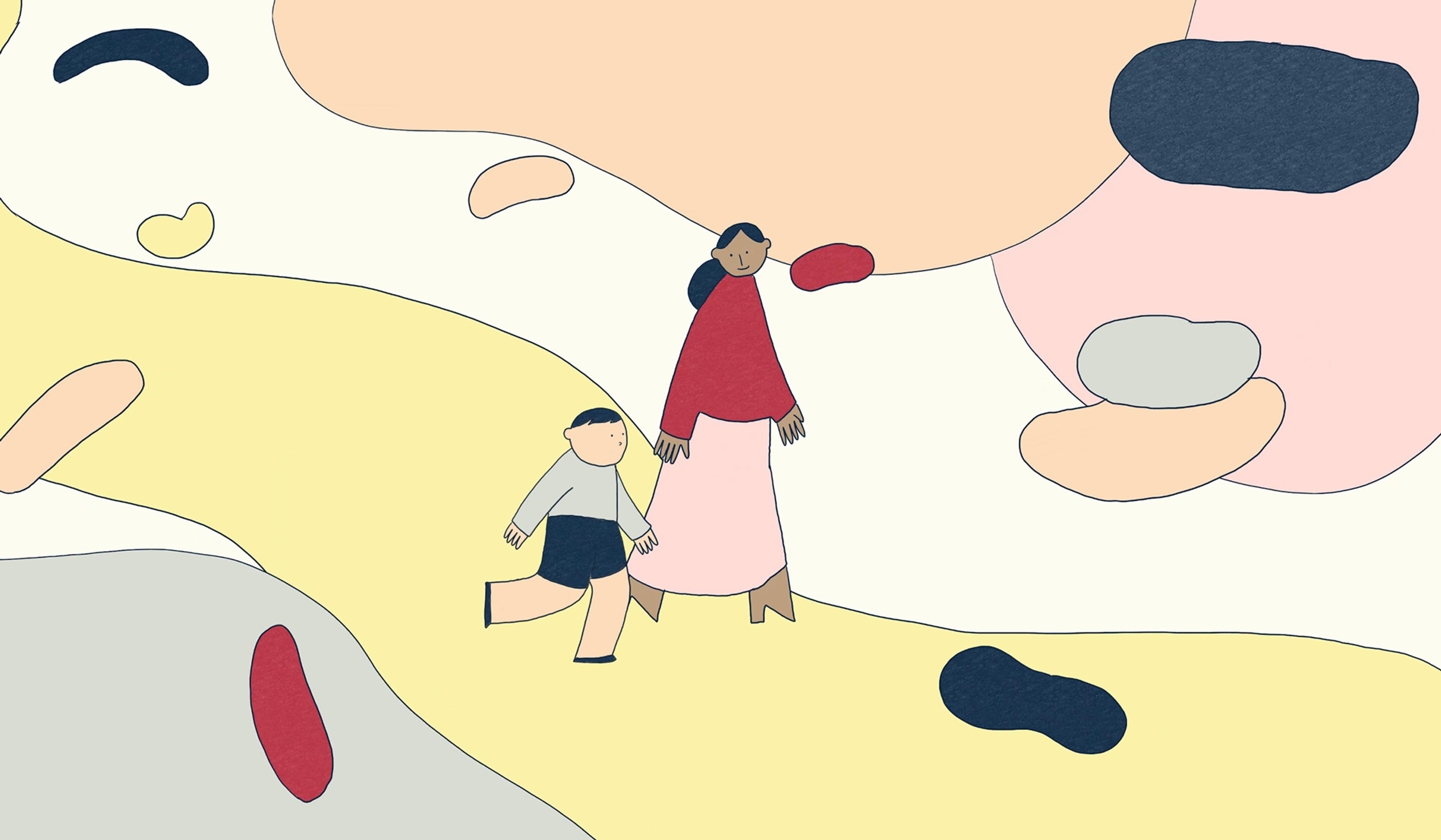
video
Philosophy of mind
Caring for the vulnerable opens gateways to our richest, deepest brain states
7 minutes
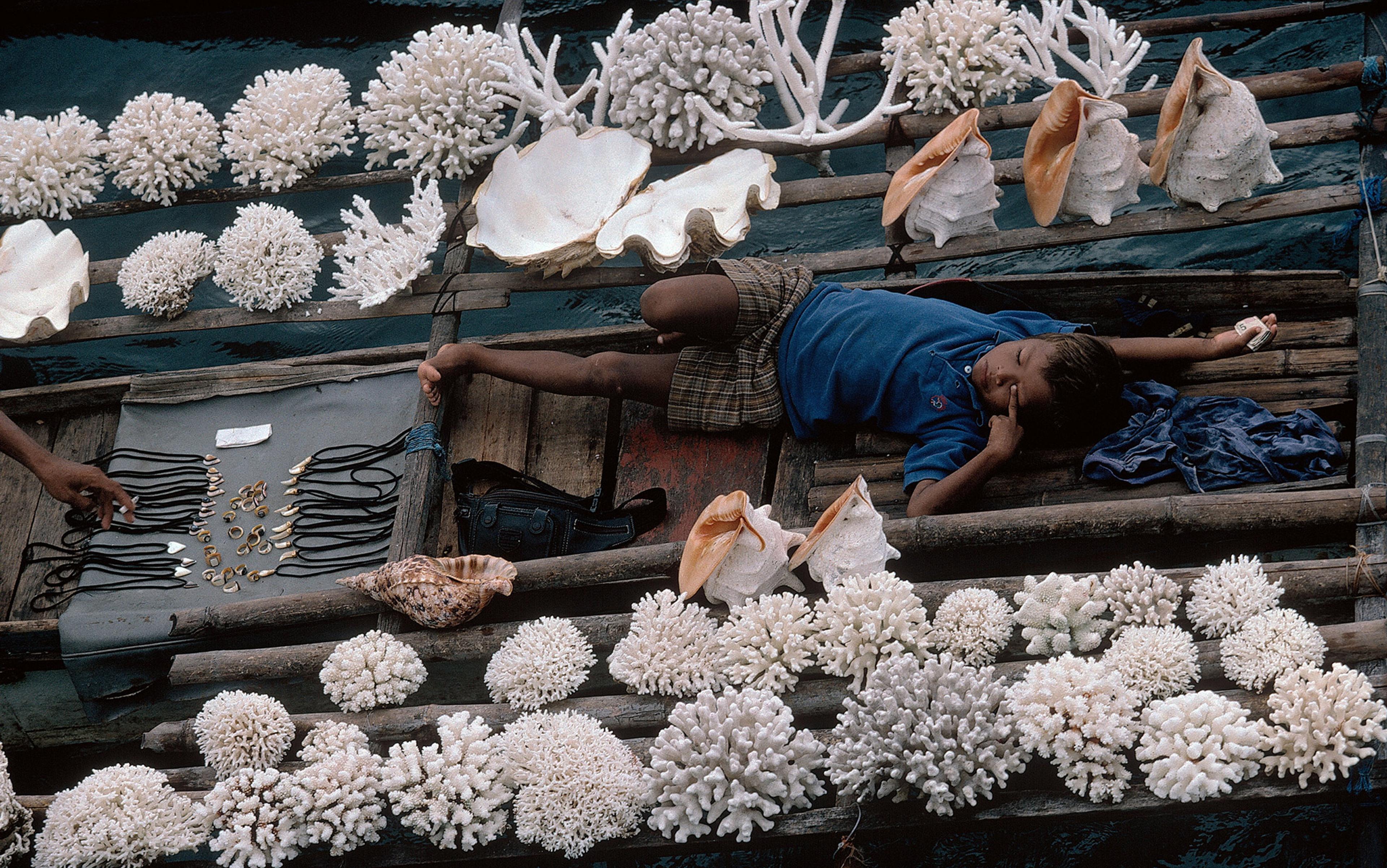
essay
Sleep and dreams
Why do we sleep?
Adults sleep less than babies. Sperm whales sleep less again. A new mathematical theory unlocks the mysteries of slumber
Van Savage & Geoffrey West
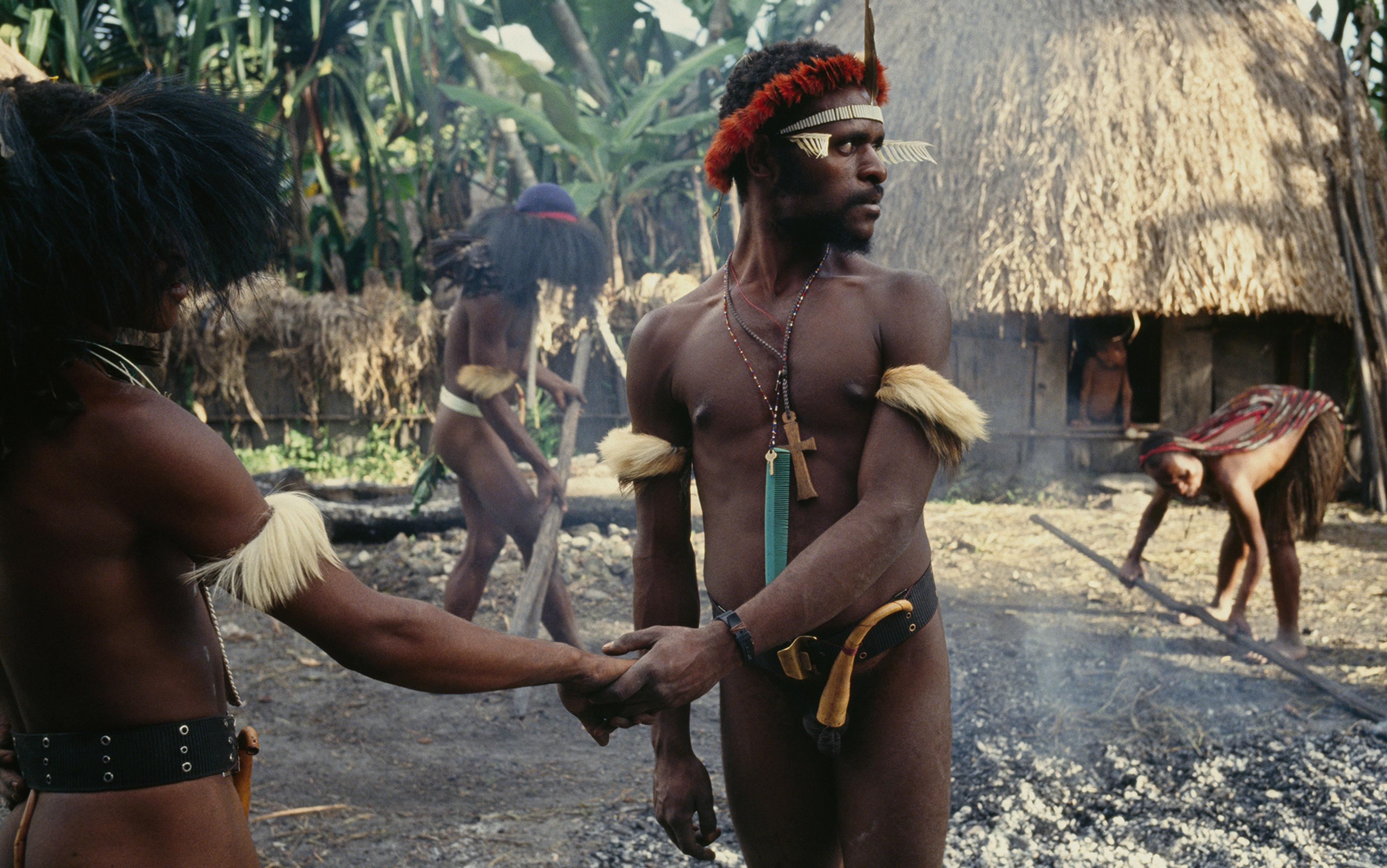
essay
Anthropology
How equality slipped away
For 97 per cent of human history, all people had about the same power and access to goods. How did inequality ratchet up?
Kim Sterelny

essay
Mental health
We heal one another
When a person is in distress, we can draw on deep, evolved mechanisms to calm the storm, through attention, touch and care
Brandon Kohrt
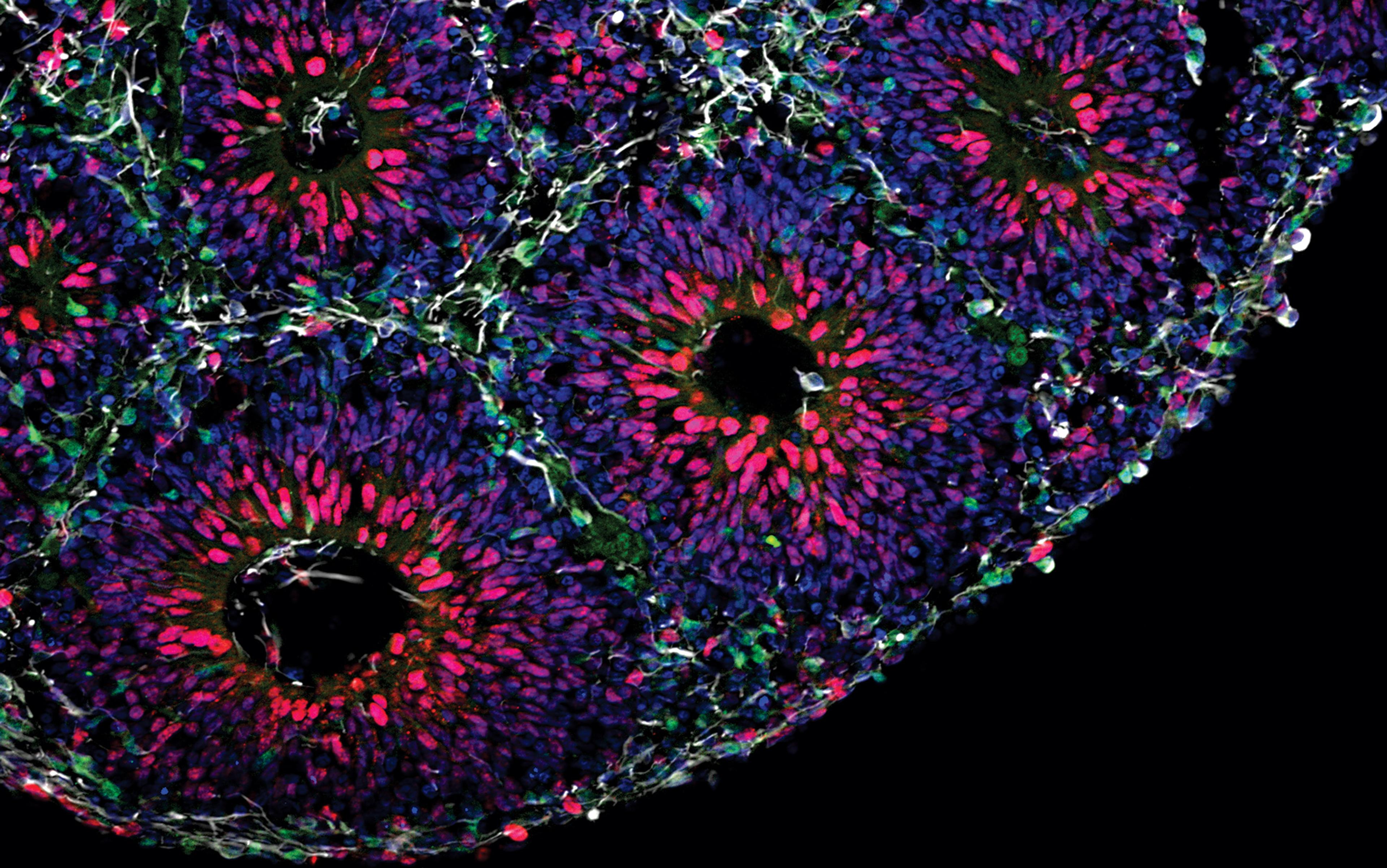
essay
Human evolution
Brains in a dish
What pea-sized brain organoids reveal about consciousness, the self and our future as a species
Alysson Muotri
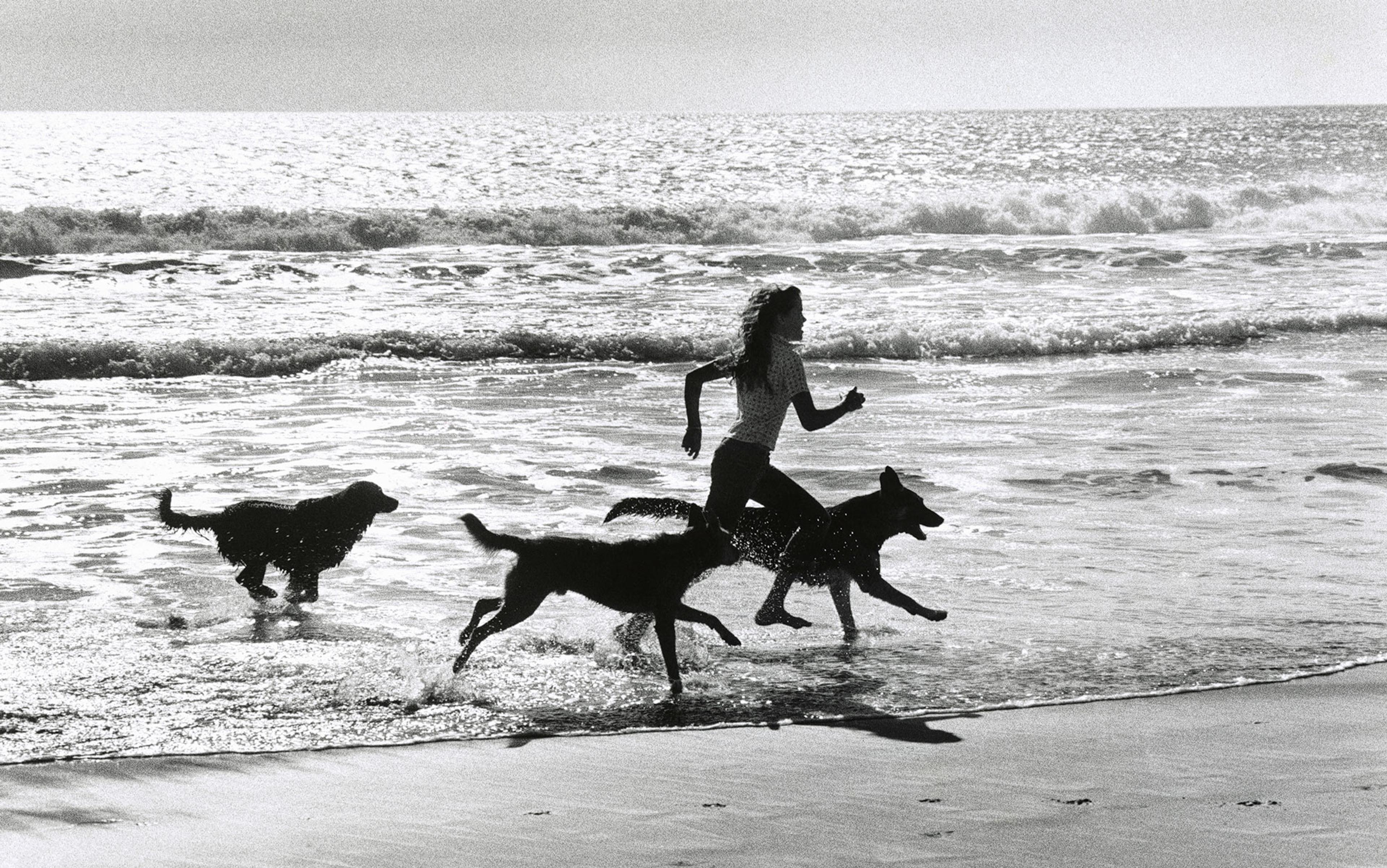
essay
Animals and humans
The joy of being animal
Human exceptionalism is dead: for the sake of our own happiness and the planet we should embrace our true animal nature
Melanie Challenger
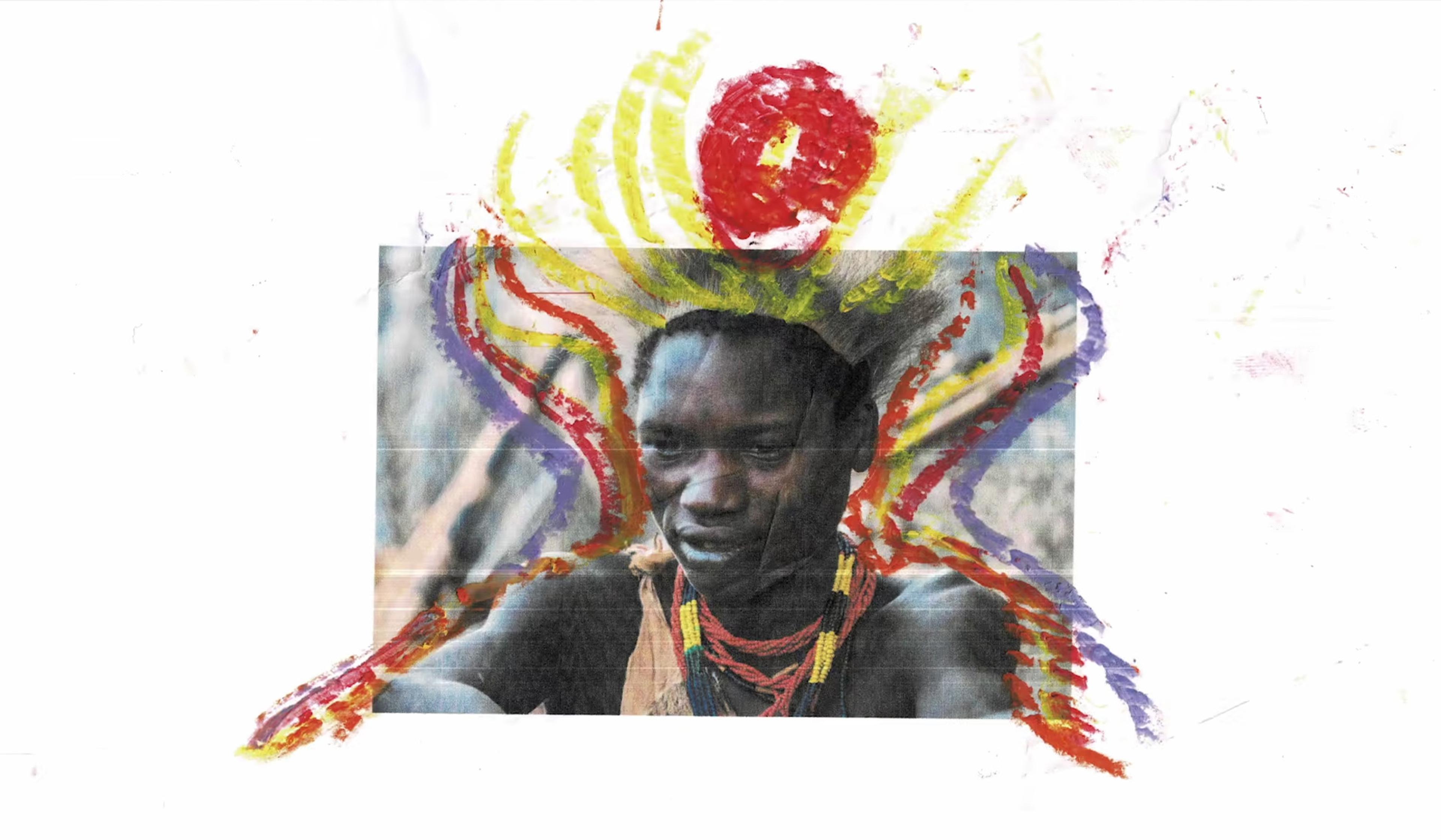
video
Anthropology
Sitting by the fire with a nomadic tribe, a physicist ponders the many shapes of wisdom
2 minutes
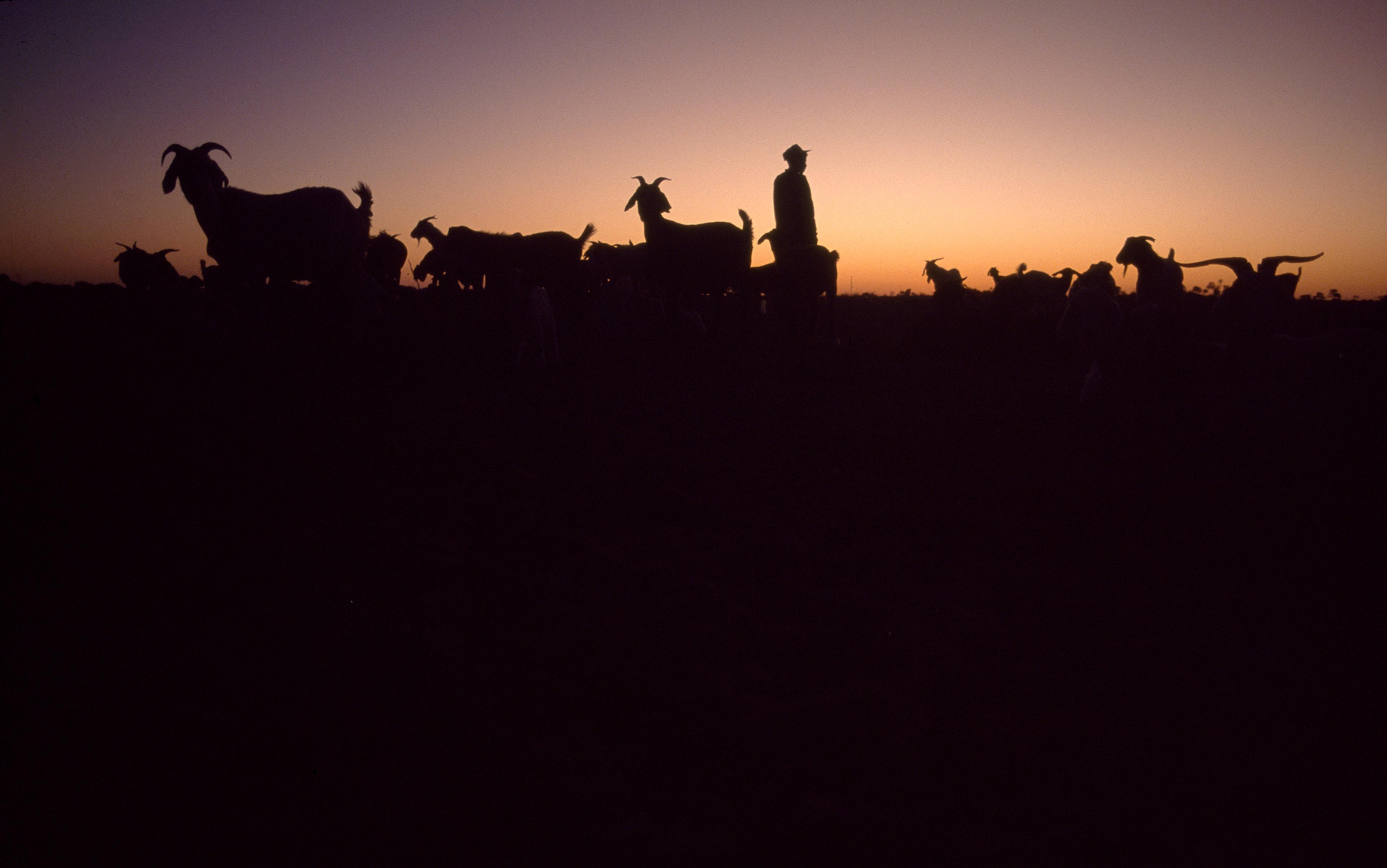
essay
Anthropology
Beyond the !Kung
A grand research project created our origin myth that early human societies were all egalitarian, mobile and small-scale
Manvir Singh
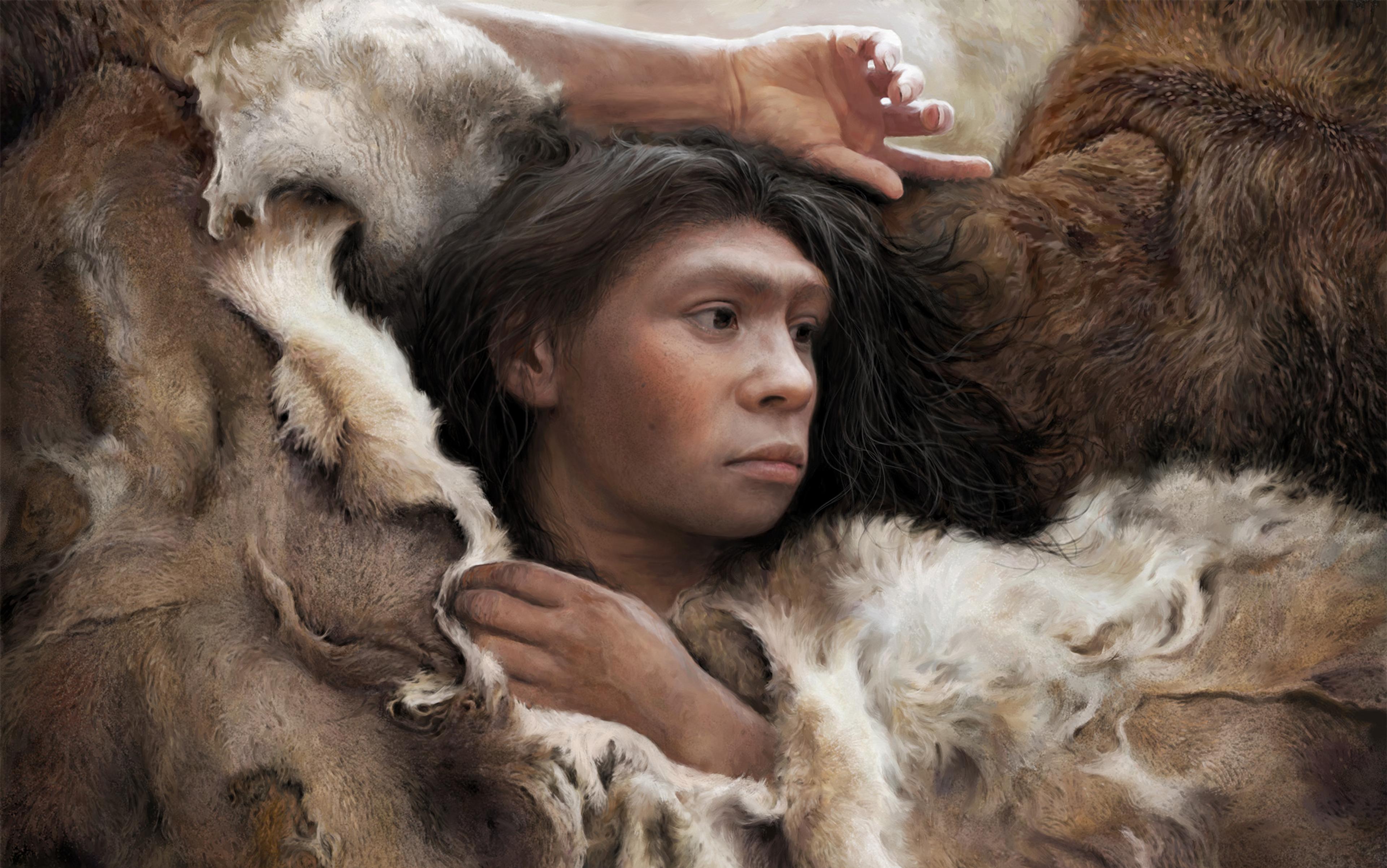
essay
Human evolution
Sheanderthal
Not all Neanderthals were ‘cavemen’: half were women. What can archaeologists tell us about how they lived?
Rebecca Wragg Sykes